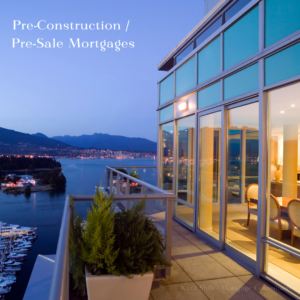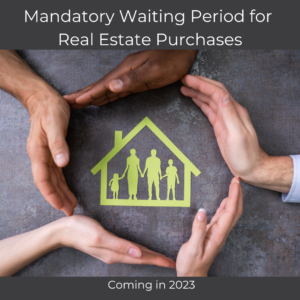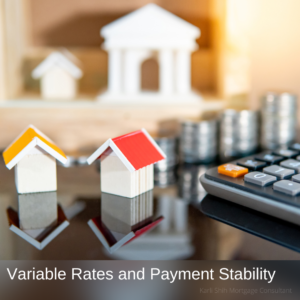
An investment or rental property can be a great option for generating additional monthly income and growing your wealth over time, if planned properly.
This strategy has multiple options and outcomes that can benefit borrowers such as:
- Supplementing income now and boosting pension in the future, creating more financial freedom
- Allowing you to buy your dream retirement home now and rent it out until you’re ready to use it
- Increasing monthly cash flow for potential expenses beyond retirement savings
- Living in a multi-unit property (such as a duplex or tri-plex) and renting out one or two units
However, before you buy an investment property, there are a few things to know.
- The minimum down payment required is 20% of the purchase price, and the funds must come from your own savings. Typically you can’t use a gift from someone else. Another option is to utilize existing equity by refinancing your primary residence to fund the down payment of your rental or investment property. Closing costs and ongoing repairs and maintenance will need to be planned as well.
- Only a portion of the rental income can be used to qualify for the purchase. Some lenders will only allow you to add 50% of the rental income to the application, while other lenders may allow up to 80% of the rental income minus expenses. Knowing which lenders recognize more income will allow you to qualify for the most possible.
- Mortgage rates for a rental property can range from 0.10% to 0.20% higher than on mortgages for a principal residence or second home.
With the right purchase price and rental costs per month, a rental property can be a great way to supplement income and make the most out of your retirement. Not only does the income provide a greater monthly cashflow, but you also will have the ability to sell the property down the line if you so choose. However, bear in mind, the sale will be subject to capital gains tax. Your accountant will be able to help you with that aspect if you do decide to sell in the future.
Before getting started, it is important to calculate the cost of your investment (purchase price and closing costs), and maintenance amounts and compare those to rental potential to ensure profitability before purchasing.
If you’re looking to purchase an investment property, be sure to reach out to discuss your options and understand what is required. I’m here to help.
Adapted from:
https://dominionlending.ca/life-style/could-an-investment-property-be-your-pension



